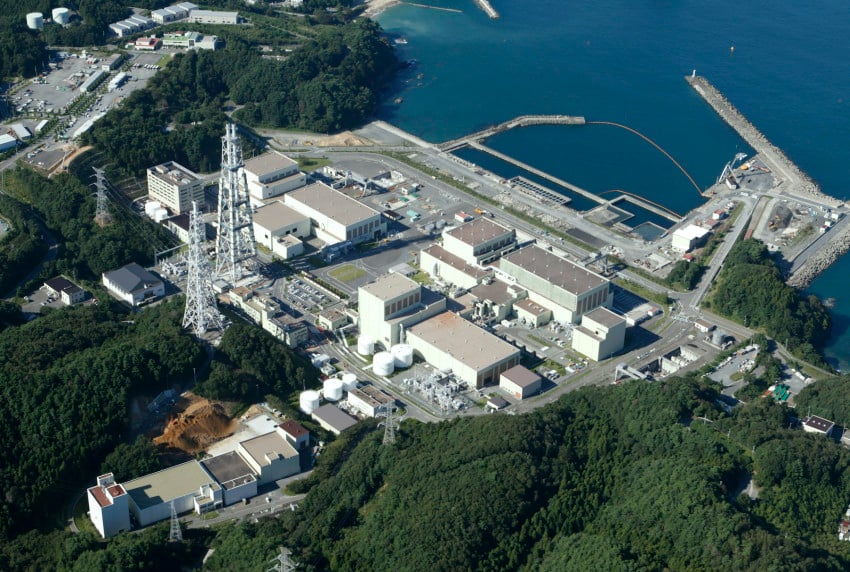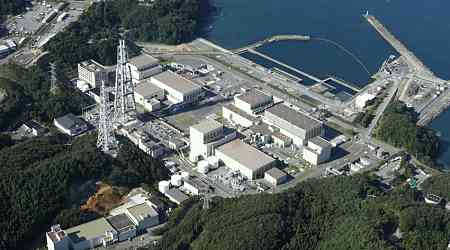The Sendai High Court on Wednesday upheld a lower court ruling rejecting a call by local residents to halt a nuclear reactor in northeastern Japan, stating they had not provided substantial proof there is a significant risk of an accident.
"The risk of infringement on personal rights resulting from the restart of operations has not been proven to constitute a concrete danger warranting an order for suspension," Presiding Judge Moriharu Kurasawa said in handing down the ruling over the Onagawa nuclear power plant's No. 2 unit in Miyagi Prefecture.
The unit restarted last month, becoming the first reactor to operate in northeastern Japan since the region was hit by the devastating 2011 earthquake and tsunami. It is currently offline for a routine inspection before its scheduled commencement for commercial operations in December.
In the lawsuit filed by 17 residents of the city of Ishinomaki, the plaintiffs argued the evacuation plans prepared by the city and prefectural governments were insufficient.
If an evacuation order is issued following a nuclear accident, residents will be unable to escape from areas in a 30-kilometer radius of the plant for an extended period due to traffic congestion, posing a high risk of radiation exposure, they said.
The latest ruling followed one by the Sendai District Court in May last year that dismissed the plaintiffs' concerns about flaws in emergency evacuation plans for the nuclear plant, stating they were not relevant as it could not be assumed a serious accident was likely.
The three nuclear reactors at the Onagawa plant were shut down after it was hit by the massive earthquake on March 11, 2011. The No. 2 reactor cleared national safety screening in February 2020 and later secured local consent to resume operation.
The No. 2 unit was also the first boiling water reactor -- the same type as the Fukushima Daiichi reactors that suffered fuel meltdowns during the nuclear crisis -- to have been brought online since the 2011 disaster.






















